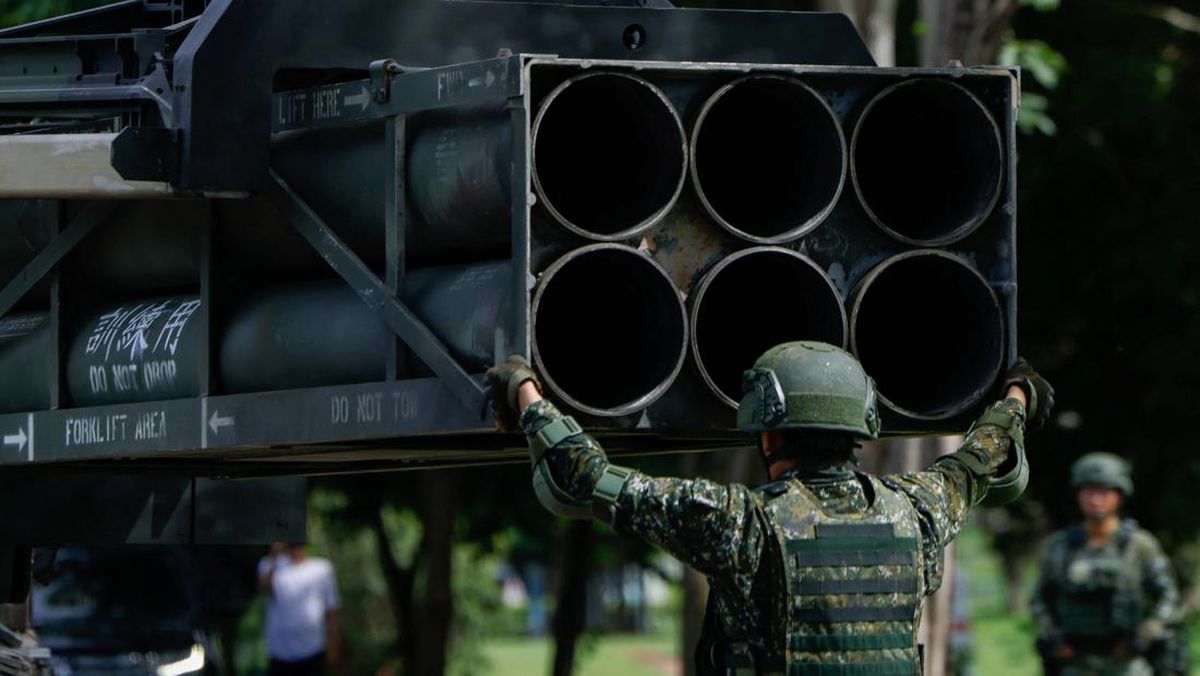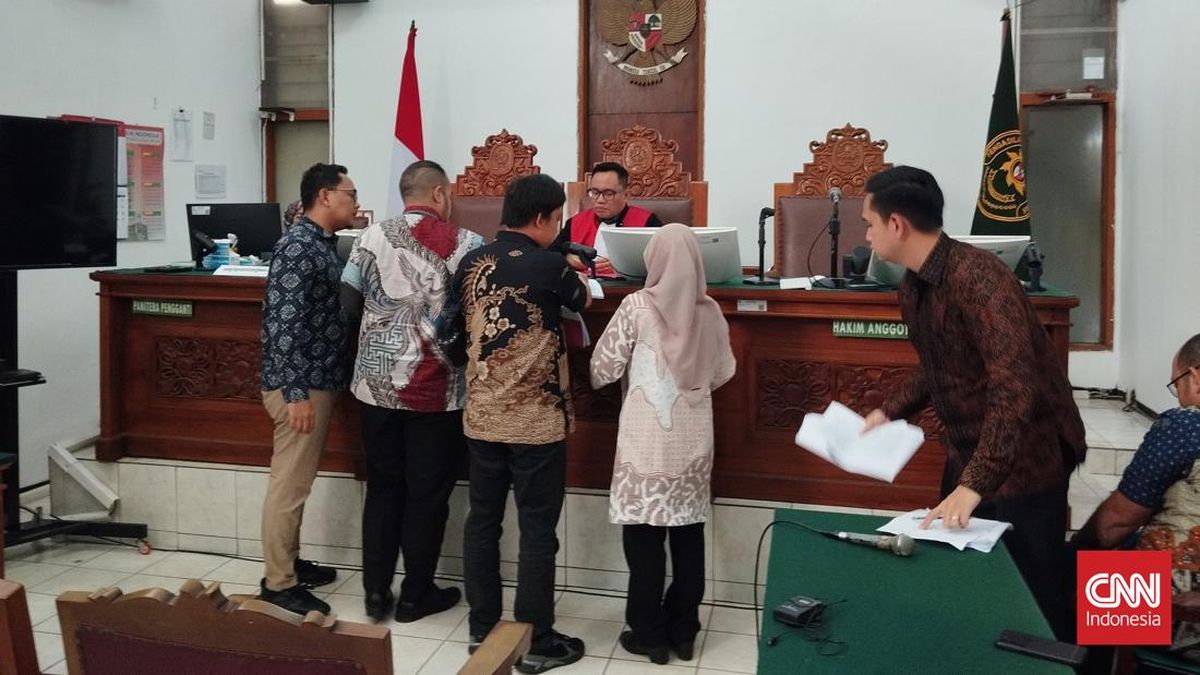During his regular checkup, a 9-year-old clouded leopard named Masala undergoes a procedure to get a tiny heart monitor implanted under his skin at the Smithsonian's Conservation Biology Institute in Front Royal, Virginia.
Rosana Moraes, a Brazilian biologist, studies how high-stress levels in animals can hinder their ability to thrive and breed. Masala's new heart monitor will record changes in his body temperature, hydration and heart rate — which all tell a lot about an animal's level of stress and anxiety.
Moraes calls it a "gigantic" leap forward in animal care.
Clouded leopards are agile climbers that live in trees. In the wild, their population is in steep decline due to habitat destruction and illegal hunting for their coats and body parts. Masala is part of a breeding program to help preserve the vulnerable species. Lately he's been anxious and biting his tail, and they're not exactly sure why. The heart monitor will help biologists understand the exact moments when Masala becomes stressed.
In the wild, using a minimally invasive procedure, the Smithsonian says it has implanted these tiny Bluetooth heart monitors in eight species around the world, including giant anteaters in South America.
Tim Laske, a biologist who studies bears, is also the vice president of research at Medtronic — the world's largest medical device company — which donates the technology. The heart monitors are designed for humans, but Laske realized expired devices still had many years of life in them and could help with our understanding of animals.
"We've implanted more than 600 over the years. And these are all devices that would otherwise have been disposed of," Laske said.
Because of these monitors, scientists can now use data to assess which captive maned wolves, for example, have the best temperament to thrive in the wild or when a pack of scimitar-horned oryx out in the wild is stressed by humans encroaching on their habitat.
For Moraes, the ability to visualize data in animals that was previously hidden excites her the most about the technology, offering powerful insights on a planet where our own activities are rapidly pushing beloved species closer to extinction.
Human heart devices helping to understand animals
How human heart-monitoring devices help biologists understand animals
(03:05)


















































